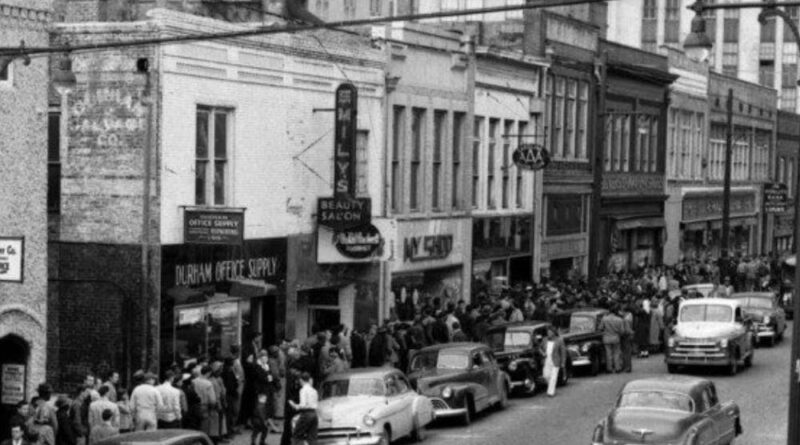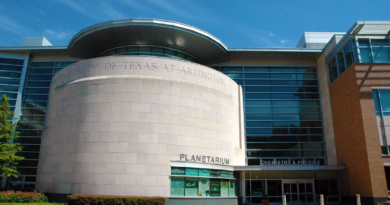Black Wall Street In Durham North Carolina
Black Wall Street in Durham, North Carolina was a vibrant and thriving African American community in the early 20th century. The area was centered around the Hayti neighborhood, located just east of downtown Durham.
The community was home to a number of successful black-owned businesses, including grocery stores, restaurants, barbershops, and even a movie theater. Many of these businesses were owned and operated by entrepreneurs who had moved to Durham from other parts of the country, attracted by the booming economy and growing black population.
One of the most notable figures of Black Wall Street was Dr. George Washington Carver, an African American agricultural scientist and inventor who moved to Durham in the early 1900s. Dr. Carver’s work in crop rotation and soil conservation helped to improve the lives of many black farmers in the area.
The community was also home to a number of prominent black leaders, including Dr. Aaron Moore, who founded the National Negro Business League, and Dr. James E. Shepard, who founded North Carolina College for Negroes, now known as North Carolina Central University.
Unfortunately, the prosperity of Black Wall Street came to an end in the 1940s, when the city of Durham began to implement urban renewal projects that displaced many of the residents and businesses in the Hayti neighborhood. Many of the black-owned businesses were forced to close, and the area never fully recovered from the loss.
Despite this, the legacy of Black Wall Street lives on, and it serves as a powerful reminder of the resilience and determination of the African American community in Durham. Today, there are a number of efforts underway to preserve and promote the history of Black Wall Street, and to honor the contributions of the black entrepreneurs and leaders who helped to build it.
In conclusion, Black Wall Street in Durham, North Carolina was once a thriving and prosperous African American community, and a symbol of the resilience and determination of the black community. Although it was destroyed by the city’s urban renewal projects, the legacy of Black Wall Street lives on and continues to be celebrated and remembered today.
Discover more from City Towner
Subscribe to get the latest posts sent to your email.




